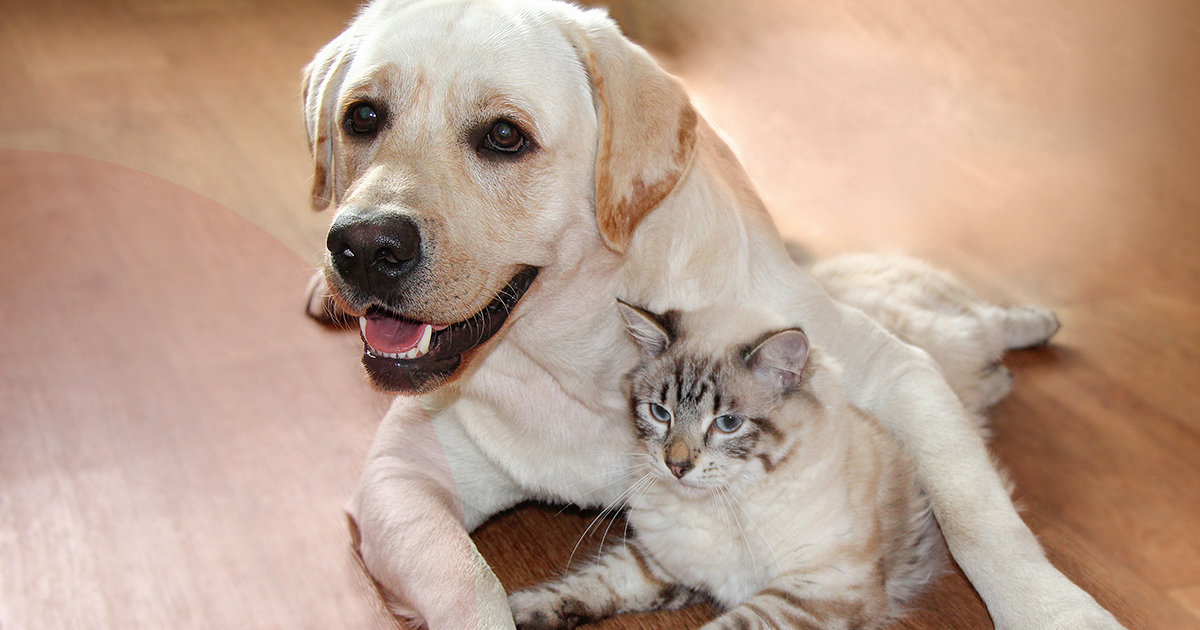
Are you and your family prepared for an emergency?
The past few years have been hard on Winnipeggers. We’ve seen a global pandemic, record-breaking snowfalls, flooding and rain events, and record numbers of wildfires in Canada. More weather events are expected in coming years as climate change continues to impact our environment. But you can act now to get yourself and your family prepared. That way, if the worst happens, you’ll know what to do.
A disaster can happen when you’re at home, at work, or at school. You and your family can take steps now to ensure you can react quickly and with confidence.
Know the risks
Do you know which hazards are most likely to affect Winnipeg? Learning about these risks and their potential effects is critical. We all need to know what we’re preparing for before we start planning.
The City of Winnipeg offers Ready Winnipeg courses that discuss the various hazards that can affect Manitobans, and the main hazards facing Winnipeggers.
Assess your needs
It’s important to assess your needs, such as accessibility and medical care, when planning for an emergency:
- If you require an assistive device, such as a walker, or wheelchair, make sure it’s easy to access in case you need to evacuate.
- Make sure you can easily evacuate your home
- Have somewhere to go that you can easily access
- Establish a support network of friends, relatives, health-care providers, co-workers and neighbours who can help you in an emergency. Make sure someone has keys to your home in case they need to get inside
- Have a plan in place for medical care in case you need to be away from your home from an extended period of time
- Prepare a bag with a two-week supply of medication and medical supplies that can be easily grabbed in an emergency. Include prescriptions and medical documents

Make a plan and have an emergency kit
Just like a fire drill, knowing what do to and where to go in an emergency will help you during the event. All members of your household should be involved in planning for emergencies. It’s important to plan for quick action at home in the event of a disaster, but you should also think about what you would do if an emergency happened while you’re at work, at school, or away from your home.
No matter where you are, think about where the emergency exits are, who your emergency contacts are, who might check in on you to make sure you’re okay, where you’ll pick up your children, or what arrangements you’ll make for your pets. Write all this information down and store it somewhere safe. All these things would be much more stressful to arrange in an emergency if you haven’t already made plans.
When an emergency happens, having an emergency kit with basic supplies is another way you can be more resilient. Remember, it may take some time for emergency workers to reach you and you may not have power or water services. You should be prepared to take care of yourself and your household for at least 72 hours. And if you drive, having an emergency kit in your car can save your life.
We all have a role to play when it comes to emergency preparedness. Knowing the risks, making a plan, and having an emergency kit can help you prepare for a disaster. To learn more, the City of Winnipeg’s Ready Winnipeg courses are available for free to all Winnipeggers.
Engage your support network
It’s important to build a strong support network and include them in your emergency planning. This could include family, friends, neighbours, and caregivers. Having a strong support network can help you stay safe by:
- Providing care and help in case of an evacuation
- Helping gather any medical or emergency supplies
- Administering lifesaving equipment and medication
- Making sure you are staying safe by checking in by phone call or text
- Arranging alternative health care arrangements if required
For more information on how to prepare for an emergency, including items you should include in your household’s emergency kit, see: winnipeg.ca/emergencypreparedness.
